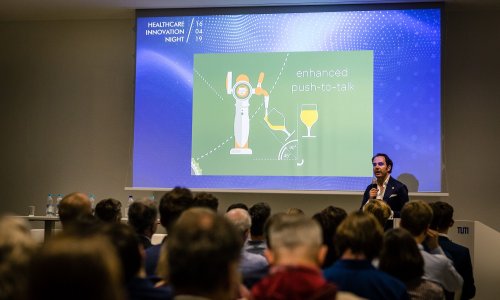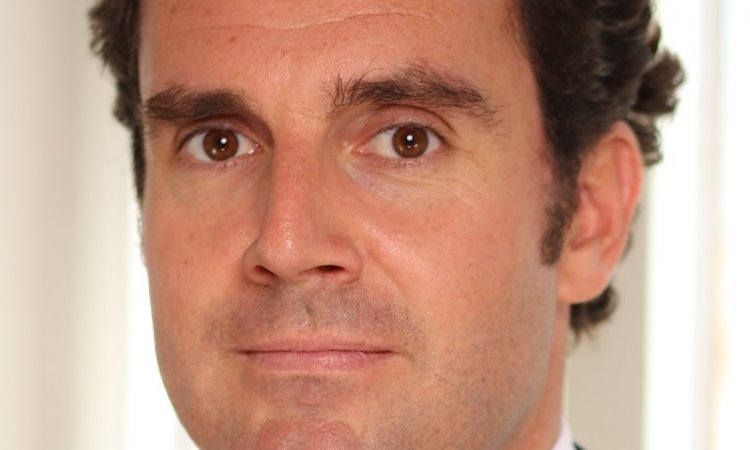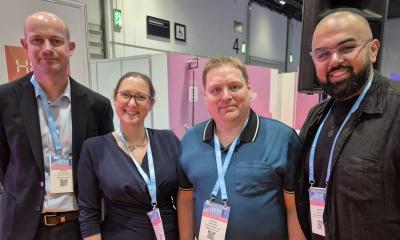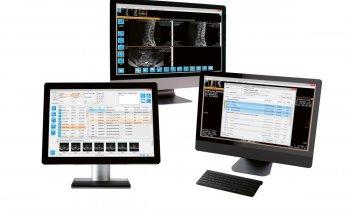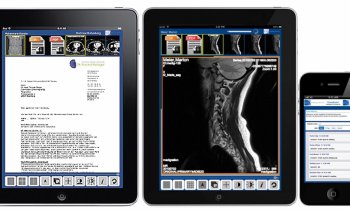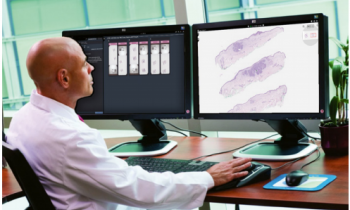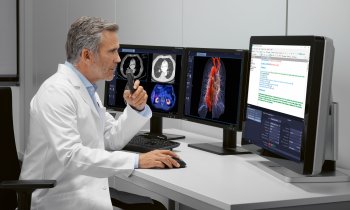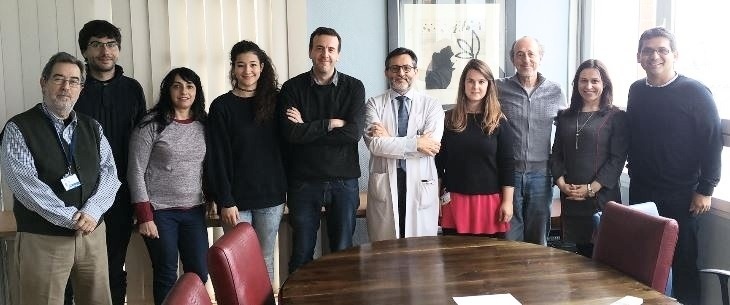
Interview • AI in hospitals
‘Radiologists are about to disappear’
San Carlos Hospital in Madrid has undertaken a number of projects to promote artificial intelligence (AI) use in clinical practice. Dr Julio Mayol, Medical Director and Head of the Innovation Unit, explained these initiatives and the direction he wants to take in an exclusive interview.
Report: Mélisande Rouger
‘We are developing AI solutions to manage mental diseases and computational systems to help in clinical decision-making in situations such as mental disorders or hyponatremia, a condition in which patients present with low levels of sodium in their blood,’ explained Julio Mayal MD, Medical Director of the Innovation Unit at San Carlos Hospital in Madrid. ‘We have a partnership with Fujitsu for an AI apps project, which is a very large part of our work. AI helps us manage patients, and predict and improve patient outcome. For the moment we are developing tools for patients inside the hospital, but our goal is to expand to out-patient care. We are also working with Touch Surgery on a simulation app for our surgery students, available on both smart phones and tablets. It’s in the early stage, so I can’t really give more details, but it’s a very interesting process because it helps us capture data on how human beings think when they must resolve a problem.’
Why are you betting on artificial intelligence?
We aim to improve our results for patients, not increasing our service production
Julio Mayol
‘We want to change healthcare. Society is continuously evolving and we need to be in the driving seat to try and accelerate changes as fast and appropriately as possible. I believe AI and technology enabling data analysis are essential in a world depending on and generating so much data. Besides, it’s important to be able to evaluate, to measure what we are doing. This is a global trend in medicine, which we follow at San Carlos Hospital. We aim to improve our results for patients, not increasing our service production. We already offer a lot of services; now we need to know what we obtain exactly. Right now, we don’t know that. We don’t know precisely how a patient is doing after one or five years of surgery, for instance. This is the kind of information we really need to have right now.’
Will artificial intelligence replace some medical disciplines?
‘Every discipline relying and depending on images are at risk of disappearing. Radiologists are about to disappear. Technology is going to replace them because machines will read studies far better and more precisely than humans ever could. Anatomy pathologists are next in line. Many people don’t see they are in danger; actually most human beings don’t see the danger they are facing. Those who don’t understand they need to adapt are the most at risk.’
Other hospitals in Spain have very active innovation units. What is your specialty?
‘Many hospitals are betting on innovative technology; to name a few, Gregorio Marañon Hospital and Princesa Hospital in Madrid, Hospital Clínic in Barcelona, Parc Taulí in Sabadell and La Fe Hospital in Valencia. At San Carlos Hospital we very much deal with digital transformation of the healthcare system within society.’
Does social media have a role in this context?
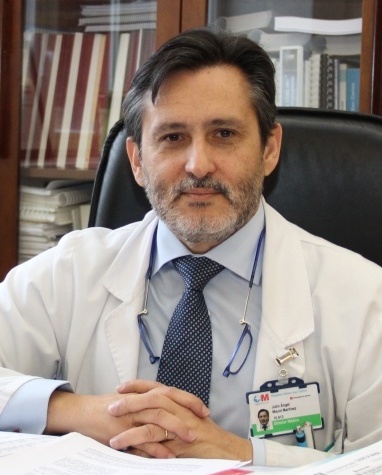
‘Social media brings us a lot of data to interpret individuals’ behaviour and analyse their tastes, emotions, habits and interactions. It’s a fantastic tool. A lot of physicians are very active on twitter, me included. I don’t differentiate between my professional and personal life, I don’t know how to do it. On twitter I fully express myself.’
Do you still have time left for surgery?
‘I don’t practice as much as I did. The problems and necessities you identify as a surgeon generate a sense of frustration and, at the same time, ideas on how to improve things. I have a vision for the hospital and I need innovation to transform it. Innovation is nothing but a tool to transform healthcare systems and society. Right now there isn’t one healthcare system in the world that’s ready to make the necessary changes. Technology is just one part of the change and mentalities must also evolve. Let’s hope they do soon.‘
Profile:
Julio Mayol MD is Professor of Surgery at Complutense University, Madrid Medical School. He also serves as Medical Director and Head of the Innovation Unit at San Carlos Hospital in Madrid. The professor is the author of a fiction novel La guardia del Dr Klint (currently for Kindle) and is working on his second book.
16.06.2017



